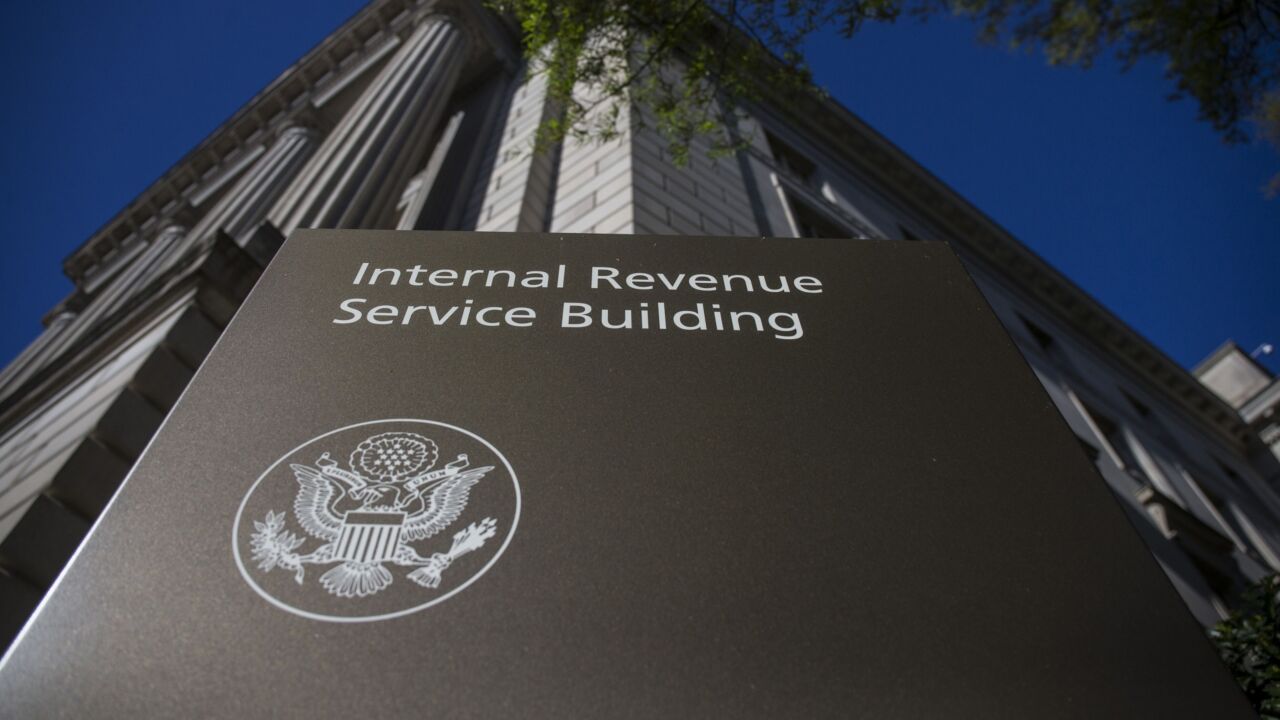At first look, the banking community should be pleased with
Yet first looks can be deceiving.
A previous version of the bill, a discussion draft
A mountain of evidence has documented the use of anonymous companies in money laundering schemes. Drug cartels launder money and fuel the opioid epidemic. Human trafficking operations hide behind anonymous companies. When Iran was seeking to evade economic sanctions, it did not stash money in Russia or China. It used an anonymous company in New York to secretly own property in Manhattan. Unsuspecting tenants paid millions in rent to a shell company that was a front for the Iranian government.
As a result, the original bill — which included the requirement for Fincen to collect and share ownership information —
The House Financial Services Committee held at least two hearings on money-laundering issues in the past year, and the one reform that every expert witness — Republican and Democrat — agreed was important was to have the government collect beneficial ownership information and share it with those tasked with protecting our financial system from abuse. There were even signs of support from the Trump administration. The Justice Department sent witnesses to Congress on two occasions to voice support for the collection of this information. Fincen itself said this would be a valuable tool.
This week, a new version of the bill was introduced. Same title, different response. In dropping the beneficial ownership provision, the bill has lost the support of law enforcement. The Fraternal Order of Police has said it will not only oppose, but will include this vote on their scorecard when rating legislators on their support for local cops. The National District Attorneys Association is also opposed. National security experts, anti-corruption groups and scholars from across the political divide are speaking up in opposition.
As a result, the bill has lost its bipartisan appeal. A bill that could have been signed into law this year — one that provides law enforcement with powerful new tools and allows banks the flexibility to use better, more efficient ways to meet anti-money-laundering obligations — will not make it through the legislative process.
We believe good-faith efforts were made to try to come to a consensus. Unfortunately, it did not happen. We hope the financial services community will stay engaged. We encourage both sides to continue to work through the issues and not throw in the towel. This issue is too important.
As Senate Banking Committee Chairman Mike Crapo, R-Idaho, said in a hearing on this issue earlier this year, “Getting this right saves lives. Period. This is a bipartisan issue. This is both an American and global issue.”
We could not agree more.





